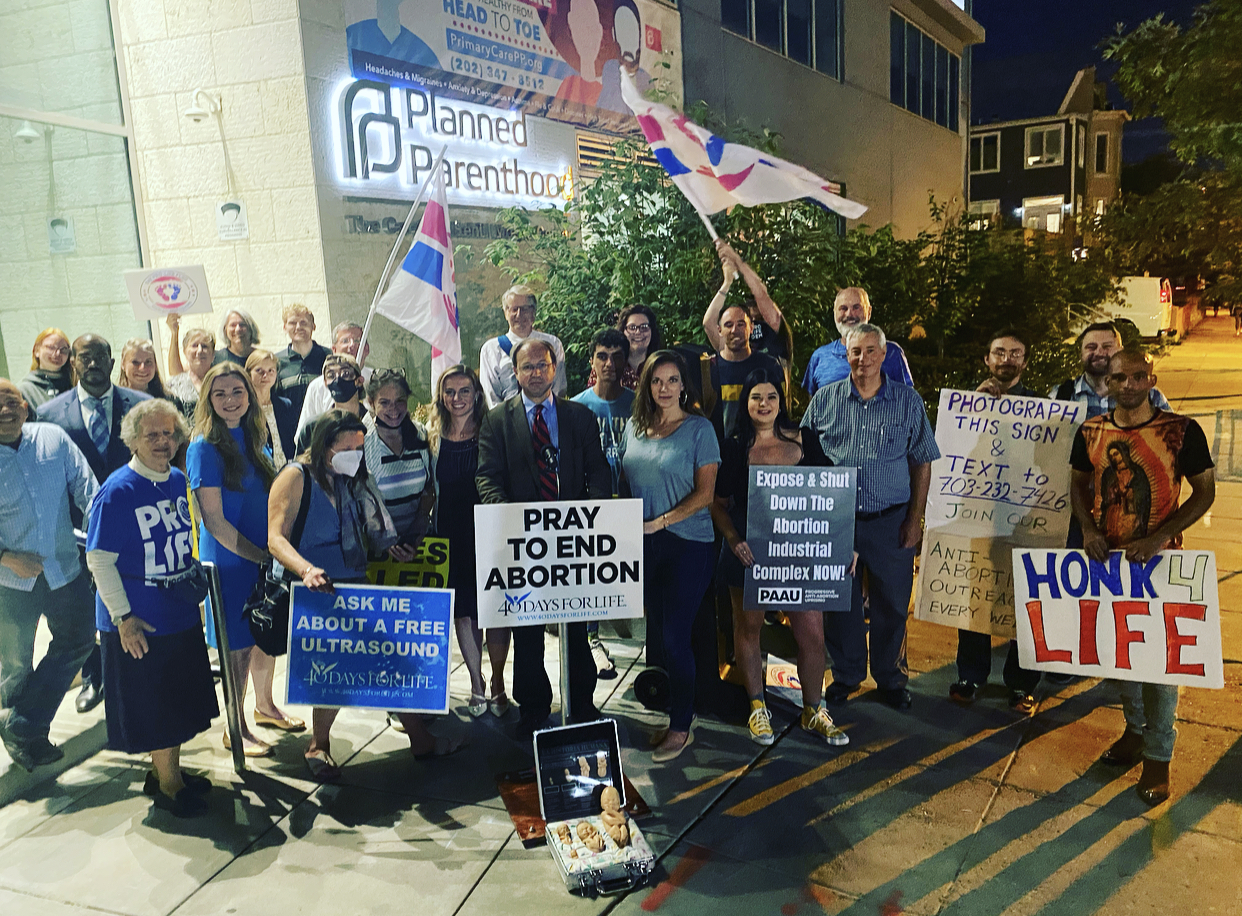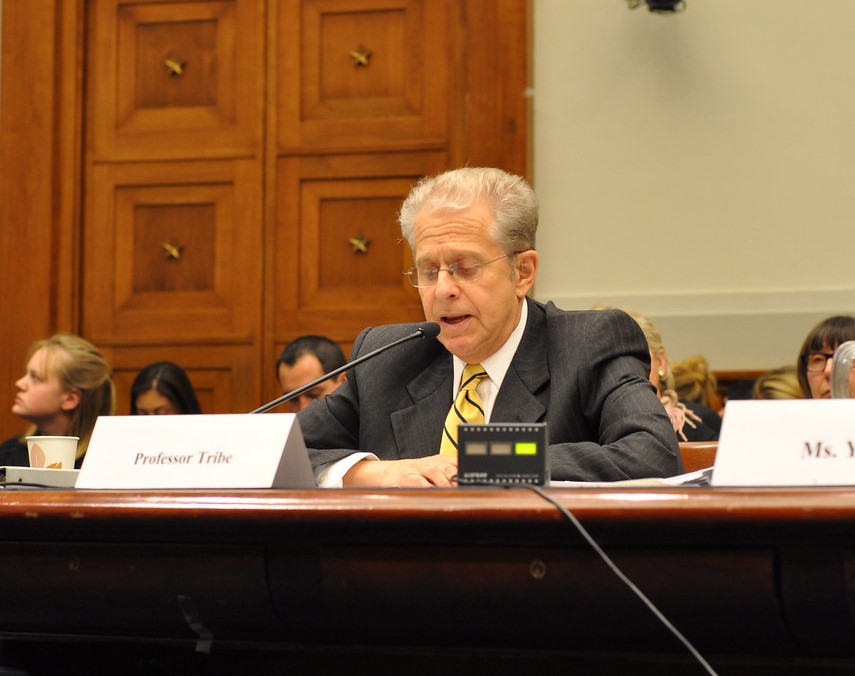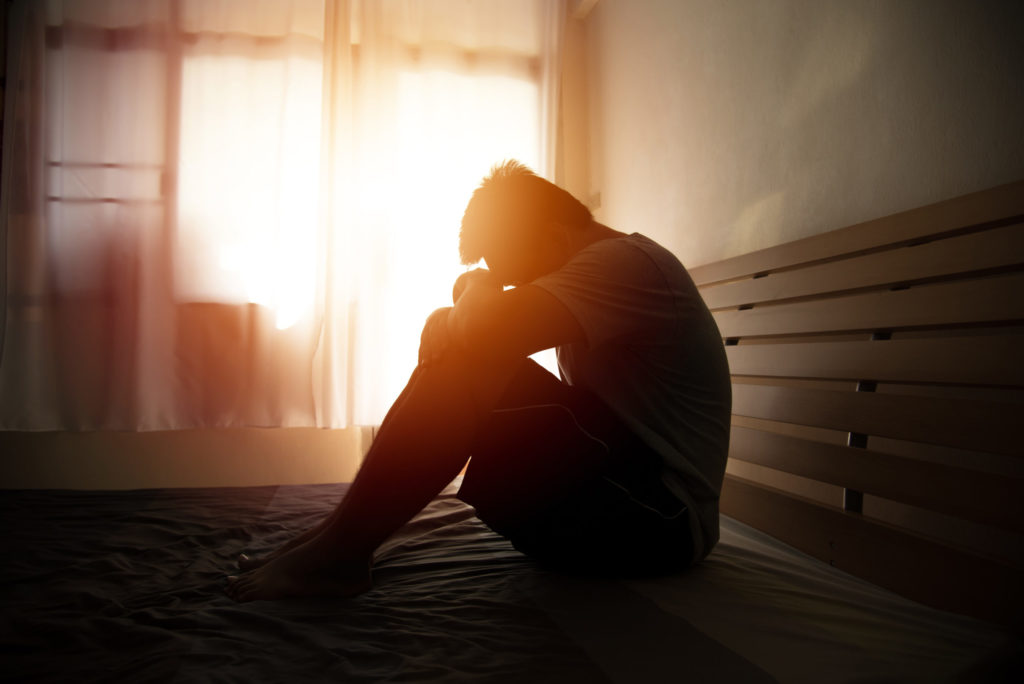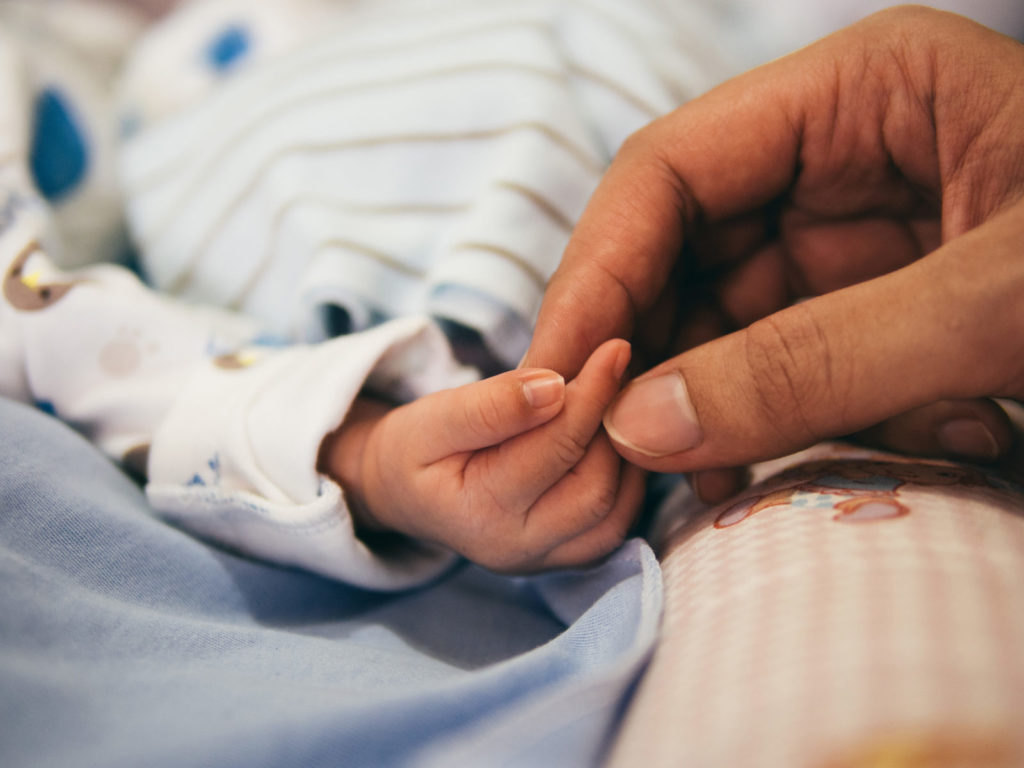


Brit Baby’s Death Ruled Better Than Small Chance of Living — Again

Laurence Tribe Opposes Private Enforcement of Abortion Laws but Okays It for Animal Rights

Vermont’s Proposed Reproductive Anarchy Constitutional Amendment

A Time for Choosing on Roe and the Abortion Regime
The U.S. Supreme Court must reverse Roe v. Wade, writes Ramesh Ponnuru: “[Pro-Lifers] ought to be seeking nothing less than the full overturning of Roe v. Wade and Planned Parenthood v. Casey. We ought to be asking, that is, for a declaration that the Constitution contains no right to abortion, allows legislatures to enact bans on abortion, and does not authorize judicial second-guessing of those bans. … The pro-life movement and Republican politicians should explain that overturning Roe won’t by itself ban abortion. They should make that point because it’s accurate, because it will help prepare pro-lifers for the political battles to come if they succeed in court, and because it will do a little to calm the nerves of those who fear drastic and sudden change in abortion policy. But it’s more important that they call on the justices to do the right thing: Bury Roe, and salt the earth. As the Supreme Court gets set to consider this case, there will be briefs filed on both sides of the issue. These briefs are intended to persuade the Court as it deliberates. We know the sorts of things that pro-abortion briefs will argue: preserve Roe, continue the national nightmare of anti-democratic abortion culture, and prohibit states from any measures that would meaningfully protect mothers, fathers, or their children from the harms of this singularly pernicious industry. What will the Court hear from pro-life scholars, leaders, and organizations? Will the Court hear that Roe must go? That Roe represents a distinct national scandal? That Roe is the source of so much of the Court’s trouble and a cancer in American public life? Or will it hear simply that Mississippi’s approach to protecting human life is acceptable in one way or another, but that the Court need not deal with the fundamental question of the human right to life? Will there be a divided set of opinions from pro-life voices on how the Court should proceed? How might division be exploited from justices who wish to preserve Roe, Casey, and the abortion regime? The forces of abortion are united and purposeful. The forces of life must be, too.
The Supreme Court and American Independence from Abortion
The U.S. Supreme Court is once again turning to the issue of abortion, having decided to consider Dobbs v. Jackson Women’s Health Organization later this year. At the heart of the case is a Mississippi law that would protect human life at 15 weeks from conception, the moment of sperm-egg fusion at which science and medicine recognize that a new and distinct human life comes into existence. The Supreme Court won’t hear the Mississippi case until this fall, and America likely won’t learn of their decision until next summer. In the meantime, we’ll be left to speculate. Ever since the Supreme Court created abortion rights out of thin air with its 1973 ruling in Roe v. Wade, it has been confronted in one form or another by the issue of abortion. After a half century of increasing national fury, it’s difficult to imagine how the Court will ever truly get away from the business of abortion. Neither the status quo, nor the status quo ante, is likely to do the trick. President Joe Biden claimed to oppose abortion for the entirety of his political life until he entered the White House early this year, when he decided that American taxpayers should pay for it and expand the markets of abortion businesses both at home and abroad. In recent politics, betrayals and hypocrisies of this scale once required talk of having “evolved” on the issue. No one has been shameless enough to suggest that Biden’s embrace of abortion is the result of his “evolution” on the issue. What we’ve witnessed in these first months of the Biden presidency is a return to a base politics. “Do whatever you have the power to do,” this approach dictates, “if you believe you can shape the people to your purposes.” The law is a teacher, and President Biden wants the law to teach that abortion is good. Although few Americans believe that about abortion, the President and his allies correctly perceive that law shapes culture. And the American people, they believe, can be made to like it. In Roe, the Court proved that it possessed the power to radically engineer culture—to teach that abortion was both permissible and even necessary. President Biden is simply following that logic to its conclusion that what is permissible, and even necessary, deserves public support. It’s a profoundly cynical attitude, but it’s nonetheless understandable in this sense: more or less since Roe, the Supreme Court has signaled that abortion is as American as apple pie. The stakes of the Supreme Court’s deliberations on Mississippi’s 15-week law are therefore monumental, because their decision could be the end of that essentially “apple pie” attitude. It’s possible that we are stuck with the violent way of life that the Supreme Court first taught. It’s possible that Americans pliantly accept a learned dependence upon abortion. It’s possible that America cannot unring the bell of Roe and abortion. It’s possible, but I don’t believe it. Supreme Court Justice Clarence Thomas has been ringing the bell of common sense, and the clarity of its tolling overpowers the noise of Roe and the moral static of our abortion regime. It sounds like this: “[O]ur abortion jurisprudence has spiraled out of control.” “[W]e are confronted with decisions requiring States to allow abortion via live dismemberment. None of these decisions is supported by the text of the Constitution.” “[We] created the right to abortion out of whole cloth, without a shred of support from the Constitution’s text.” “Our abortion precedents are grievously wrong and should be overruled.” “[W]e have neither jurisdiction nor constitutional authority…” “The Constitution does not constrain the States’ ability to regulate or even prohibit abortion.” “This Court created the right to abortion… [and a]s the origins of this jurisprudence readily demonstrate, the putative right to abortion is a creation that should be undone.” “Roe is grievously wrong for many reasons, but the most fundamental is that its core holding—that the Constitution protects a woman’s right to abort her unborn child—finds no support in the text of the Fourteenth Amendment.” “[W]e can reconcile neither Roe nor its progeny with the text of our Constitution…” “[W]e cannot continue blinking the reality of what this court has wrought.”

Richard Dawkins: ‘Wise and Sensible’ to Abort Babies with Down Syndrome

Planned Parenthood Founder Margaret Sanger Boosted Racism by Embracing Racists

Why Born-Alive Survivor Protection Laws Are Needed
